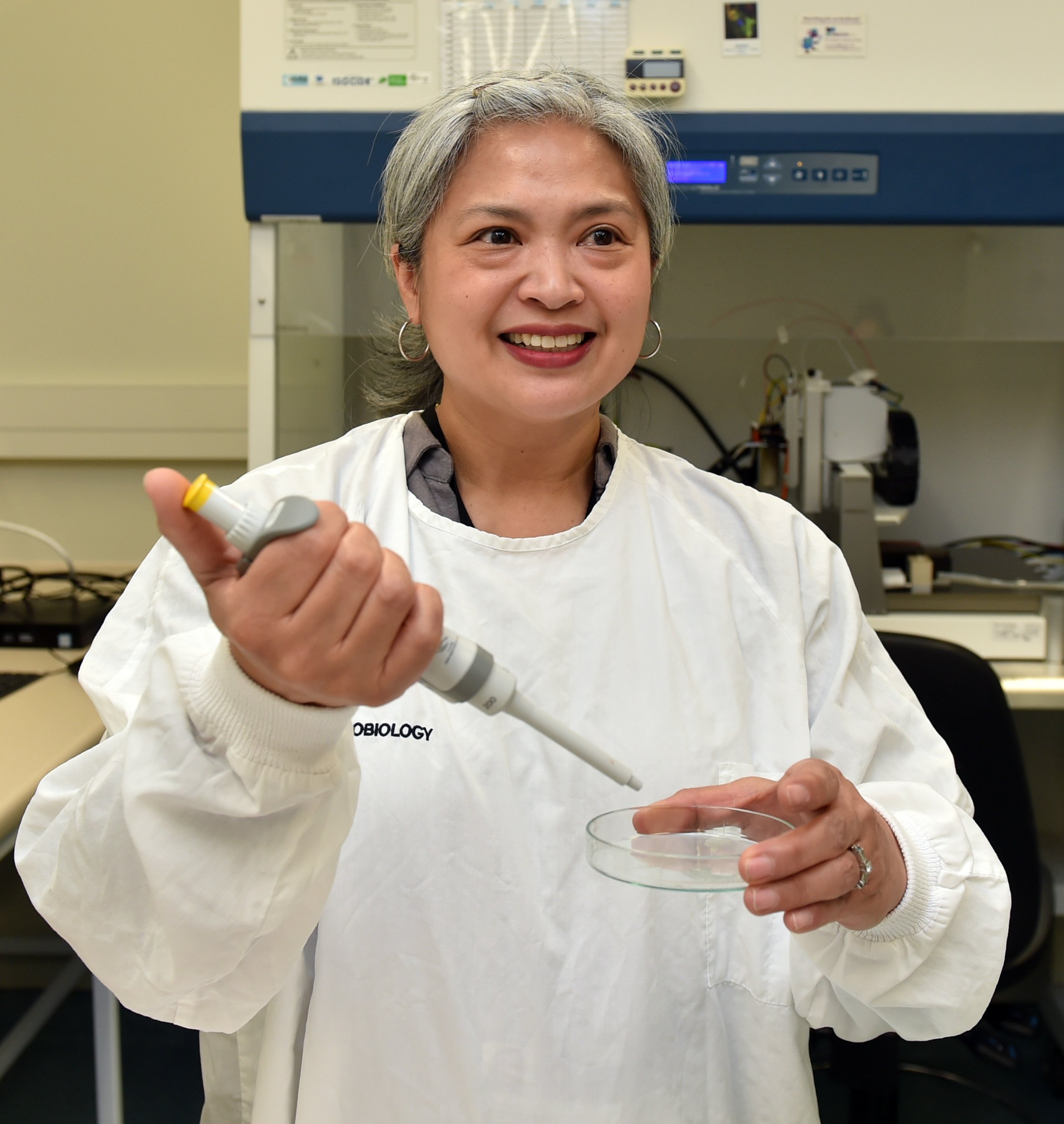
A team of scientists from the university, including Associate Prof Jaydee Cabral, clinical pathologist Dr Noelyn Hung and Te Whatu Ora Health New Zealand gynaecologist and obstetrician Dr Adel Mekhail won the Otago Innovation Translational Research Grant 2023 to work on the research.
Assoc Prof Cabral said the research would create a device that would reduce the number of doctor’s visits required to treat precancerous cervical lesions.
"The current drug delivery methods of a cream require repeated applications and repeated doctor’s visits and in an uncomfortable situation that women — if they can — would like to avoid.
"A cream application in that unique environment would be washed away and would need repeat application, so we’re trying to solve that problem."
Assoc Prof Cabral could not go into detail about the device because it was intellectual property, but if successful, the device would allow for one therapeutic dose.
"What we’re going for is one therapeutic dose so that the patient can go away for weeks at a time and then come back for a final check to make sure it’s gone."
The lesions were related to the human papillomavirus that there was a vaccine for, but a large percentage of the population did not have — and it was not available easily around the world, Prof Cabral said.
Data from the Ministry of Health said about 170 women were diagnosed with cervical cancer every year between 2015 and 2020 and 53 died between 2015 and 2018.
The grant of $50,000 would be used for planned in vitro work by the team of scientists.












